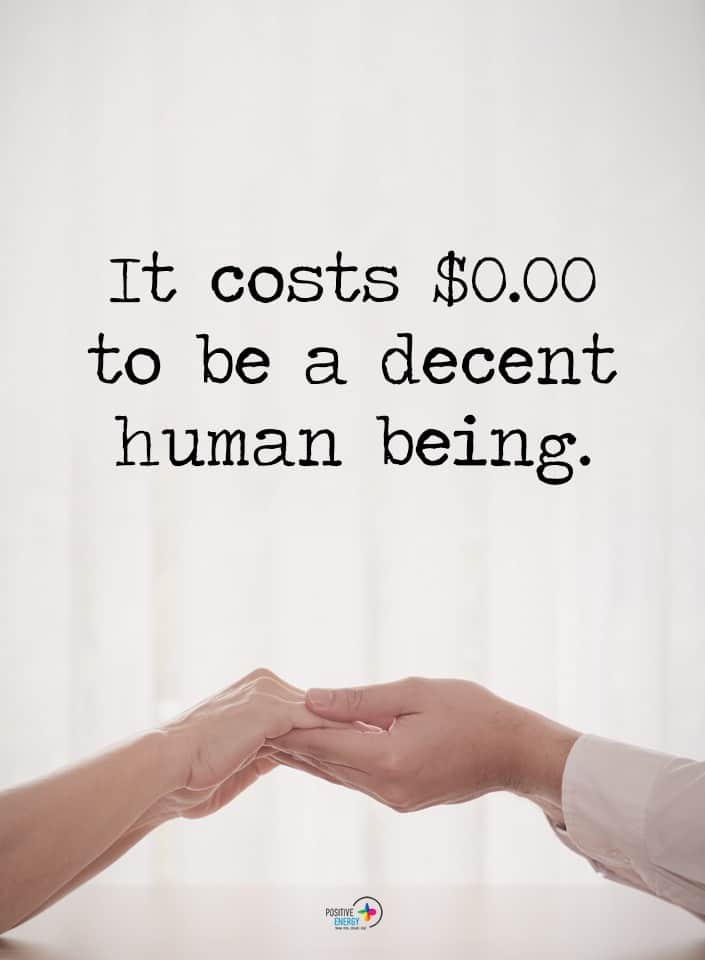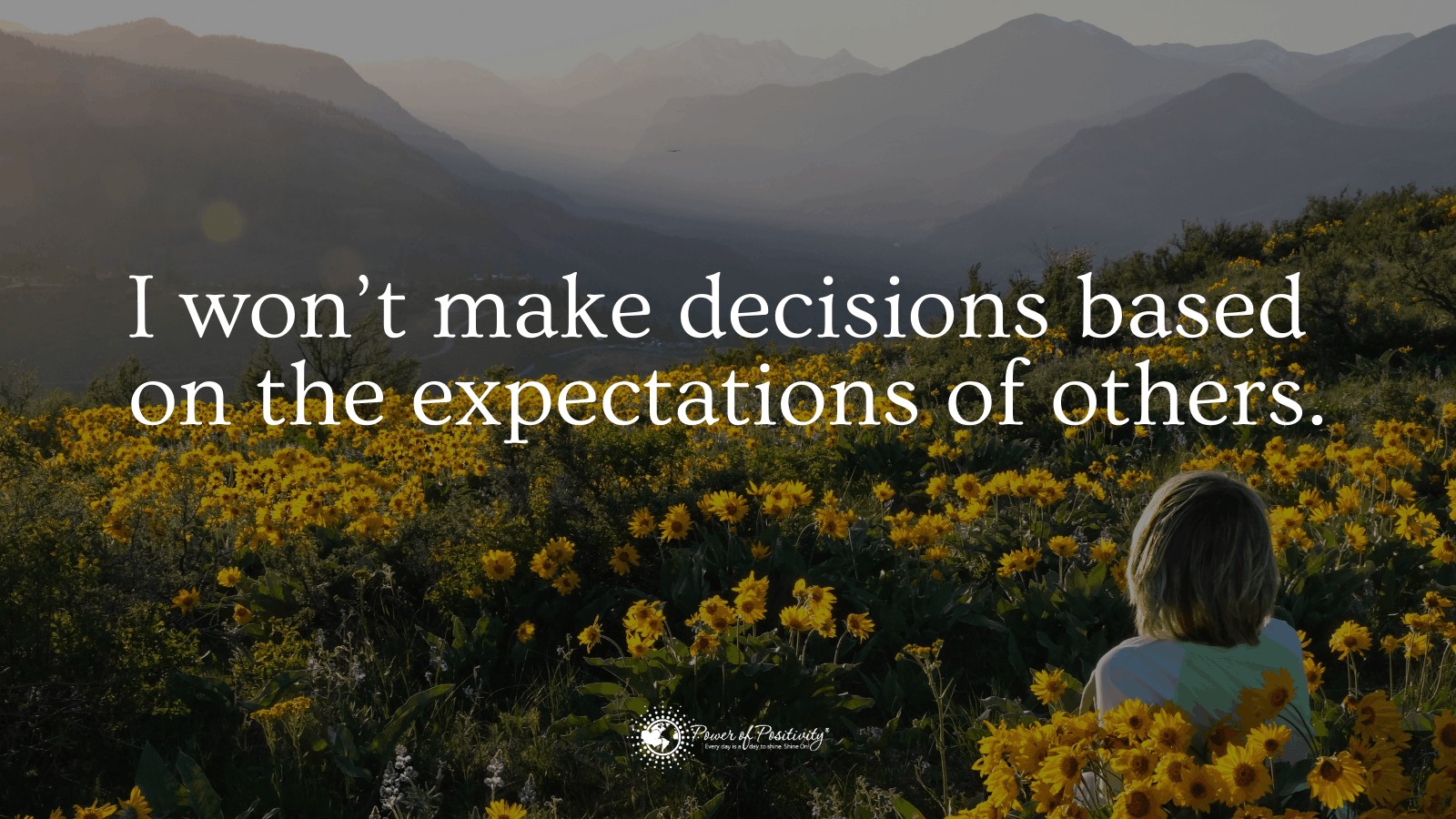Have you ever wondered if people are more logical or emotional when it comes to the decisions they make? Are you ever in situations when you’re unsure whether you should count more on your brain or heart? Do you ever have trouble understanding the differences between logical and emotional decision-making?
Depending on your personality, you might be more inclined to think with your brain or heart. It can sometimes be hard to understand which one you use to make your decisions. But, knowing what part of you incentivizes which decisions is essential.
That way, you can be fully in control of your choices. When do you need to be more logical, and when is it good to let emotions take over? Read on to find out the main differences between logical and emotional decision-making and how it affects you.
How Do People Usually Make Decisions?
When it comes to decision-making, everyone seems to think that being logical is the best way to go. But this is easier said than done. In practice, people make about 90% of decisions using emotional reasoning. Often, people fool themselves into thinking they’re being logical because they justified their actions using logic. But what they don’t realize is that the path they took to take that action used emotions.
Each time people make choices, the left side of the brain battles the right side. Your left brain is in charge of logic, while your right brain connects to your emotions. Usually, the right brain wins. This outcome happens because strong emotions interfere with your thoughts. Sometimes, your judgment is clouded by emotions, no matter how hard you try to be logical.
Even if this is the reality of the decision-making process, using logic when making choices is still desirable. Critical thinking is key to analyzing situations and coming up with solutions.
The field of dialectical behavior suggests that there are three states of mind. They are the reasonable mind, the emotional mind, and the wise mind. Reaching a wise mind is desirable. In that state of mind, people can intertwine logic and emotion to get the best solutions.
5 Differences Between Logical And Emotional Decision Making
So, why is it easier for the brain to use emotions? In which situations does the left brain activate, and which scenarios use the right side? How can you learn to be deliberate with what type of decision-making you choose? And, what are the differences between logical and emotional choices?
1. Logical Thinking Uses More Energy
One of the main reasons the brain prefers emotional thinking is because it uses less energy than logical thinking. The human brain has a natural tendency towards conserving energy. So, when it can take the easy way out, it will.
Logic isn’t a simple process. It requires active involvement from the brain, which uses sugar glucose exclusively for its activities. The more complicated the cognitive activities get, the more sugar glucose is needed. This is why mental activities strip you of energy. No part of the body consumes more power than the brain for the average person. A person uses about 320 calories to think in a typical day.
The more decisions you have to make in a day, the more energy you will use. The brain will steer away from logical thinking in a scramble to conserve as much energy as possible. When using emotions to think, the brain doesn’t have to engage in complicated thinking patterns. Most choices based on emotion are intuitive ones.
They don’t require glucose consumption. This difference means that the average human will often let emotions lead, even if the situation requires critical thinking. This is especially dangerous when you have to deal with a busy day. When you’re tired or busy, the decisions you make are bound to be more emotional and impulsive.
Keep this in mind when you have to make critical decisions. If you can, schedule a time to think about those choices on days when you don’t have much to do. That way, you will have more energy to tap into the logical side of your brain and make the best decision you can.
2. Logical Thinking Is More Objective
Another core difference between logical and emotional thinking is the level of objectivity those processes engage in. The more logical a person is, the more of an objective point of view they will have over a situation.
When it comes to many areas of your life, you need to approach things with a great deal of objectivity. As you grow up, you start to have more and more responsibilities that affect many people. You no longer have to take care of just yourself. You have to take others’ opinions and needs into consideration.
If, for example, you have to make a workplace decision, you have to consider the well-being of your colleagues. You can’t be subjective and push for what you want because you want it when working in a team. In these situations, you need to keep your cool and be logical.
Emotions tie to your personal beliefs, values, and experiences. Because of that, an emotional reaction also means being subjective. Emotions push you to make decisions that are good for you while disregarding what’s good for others. While it’s true that emotions can make you considerate of certain people, that usually only happens with the people you care about. From that point of view, emotions might help you make personal choices but should never be involved in professional decisions.
Because of the difference in the level of objectivity between being logical and being emotional, you need to be aware of the context you’re in. In a severe professional environment, you should always use critical thinking. If you have to make choices about your personal life and relationships, it may be good to use emotional thinking.
3. Emotional Decision-Making Is Faster
While critical thinking is critical to ensure you make the best choices, some decisions can be time-sensitive. Because emotional thinking relies on intuition, it can be the fastest route towards making a choice.
When trying to be logical, you risk spending a lot of time figuring out every little detail. In some cases, that can be good, like when thinking about a significant career change. But many choices people make have to be made under time pressure. Emotions are based on who you are as a person and what you’ve experienced in the past. They have the advantage that they’re tied to your past.
Your emotions know what you’ve been through and what decisions worked out for you in the past. Because of this set of knowledge, your brain has the resources to lead you to a decent decision almost instantaneously. Allow yourself to rely on gut feelings and intuitions when you’re in a time crunch.
If you have to make a split-second decision, don’t try to force logic into it. Logic will do you more harm than good because it will lead you to overthink and second guess yourself. It will make you more unsure of your decisions. Go with whatever feels right to you at that moment because that’s the best decision you will be able to make in that little time.
4. Emotions Can Guide You
When people have to make decisions, they need a little guidance. Even if they have all the information required to make the right decision, they still need a boost of confidence.
Emotional decisions stem from intuition and gut feelings. People with high emotional intelligence look at integral emotions, at how a particular solution makes them feel, to validate their decisions. Often people might reach the right decision, but they might not realize it. If they think logically about whether the decision is right or not, they will always find flaws with their solutions.
That’s why gut feelings can be so important; they reassure you. They can guide you in the moments where you feel lost. If you feel that the decision you have reached is the right one for you, that’s probably because it is.
5. Logic Is Based On Facts, Not Speculation
One of the main advantages of using critical thinking is working with facts, not just guesses. Emotional decision-making is comparatively riskier because it allows for speculation.
When you have to make a decision, you need to be confident. You cannot allow yourself to be fearful or to second guess yourself. But emotions often go hand in hand with projection. They make you project your fears, which can cloud your judgment. You might start speculating about how that decision will affect your future. You can go so far as to convince yourself it will be a wrong choice that will hurt your future.
When making decisions out of your comfort zone, you should never rely on emotions. The more scared you are at the prospect of making a choice, the more logical you have to be in your approach.
Final Thoughts On Some Differences Between Logical And Emotional Decision Making
Decision-making is a complicated process that should be approached carefully. Most people tend to be emotional when making choices. And, the narrative that’s being pushed out into the world is that all decisions should be logical. The truth is somewhere in the middle. It would be best if you never went to extremes no matter what you do in your life, and the same goes for decision-making.
The best thing you can do for your decision-making process is to use a healthy mix of emotional and logical thinking. Some situations require a higher degree of critical thinking; others need more emotional involvement. When you’re in a professional environment and have time to think, you probably have to be more logical.
But, when you’re in a time scramble or have to make decisions regarding yourself, you can be more emotional. There are many differences between emotional and critical thinking, but that doesn’t make one inherently better than the other. You need to understand what works for you in which context and apply that.
The post 5 Differences Between Logical And Emotional Decision Making appeared first on Power of Positivity: Positive Thinking & Attitude.








